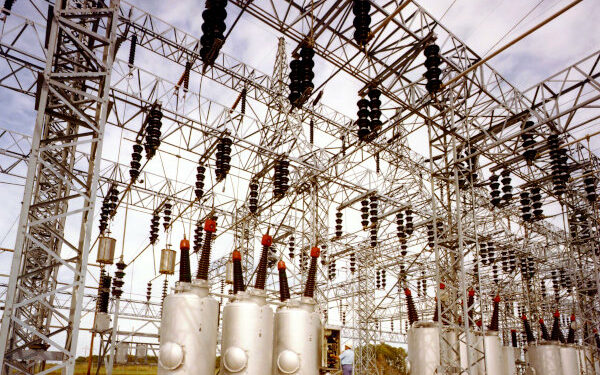Government Advances Gas-to-Power Strategy to Cut Generation Costs by 75%
Minister for Finance, Dr Cassiel Ato Forson, has announced significant progress in government’s Gas-to-Power Strategy aimed at transitioning Ghana’s power generation from expensive light crude oil to cleaner, domestically produced natural gas.
Presenting the 2026 Budget Statement themed “The Ghana We Want” to Parliament on Thursday, November 13, 2025, Dr Forson said the strategic shift is expected to reduce generation costs by at least 75 percent, minimise the energy sector’s financing shortfalls, and strengthen fiscal sustainability.
“This strategic shift will cut generation costs by at least 75%, reducing the energy sector financing shortfalls and its fiscal impact on the budget, enhancing energy security, and aligning with our climate commitments,” Dr Forson stated.
He disclosed that Ghana’s Offshore Cape Three Points (OCTP) partners, led by ENI, completed a major upgrade in July 2025, expanding gas processing capacity from 240 million to 270 million standard cubic feet per day.
Additionally, gas output from the Jubilee and TEN fields has increased from 110 million to about 130 million standard cubic feet per day, with further agreements secured to boost supply.
“We have secured a firm agreement with the OCTP partners, led by ENI, for an additional 80 million standard cubic feet of gas per day of new gas supply,” Dr Forson noted.
He added that government has also reached an agreement with the Jubilee partners to increase production by 70 million standard cubic feet per day, necessitating the expansion of gas processing infrastructure.
To support this, Dr Forson revealed that government has established a project implementation committee to oversee the accelerated deployment of a second gas processing plant—Ghana Gas Processing Plant Two (GPP 2) to offtake additional gas for power generation.
According to him, the initiative forms part of government’s broader effort to ensure energy security, reduce power generation costs, and contribute to Ghana’s transition towards a cleaner and more sustainable energy mix.








